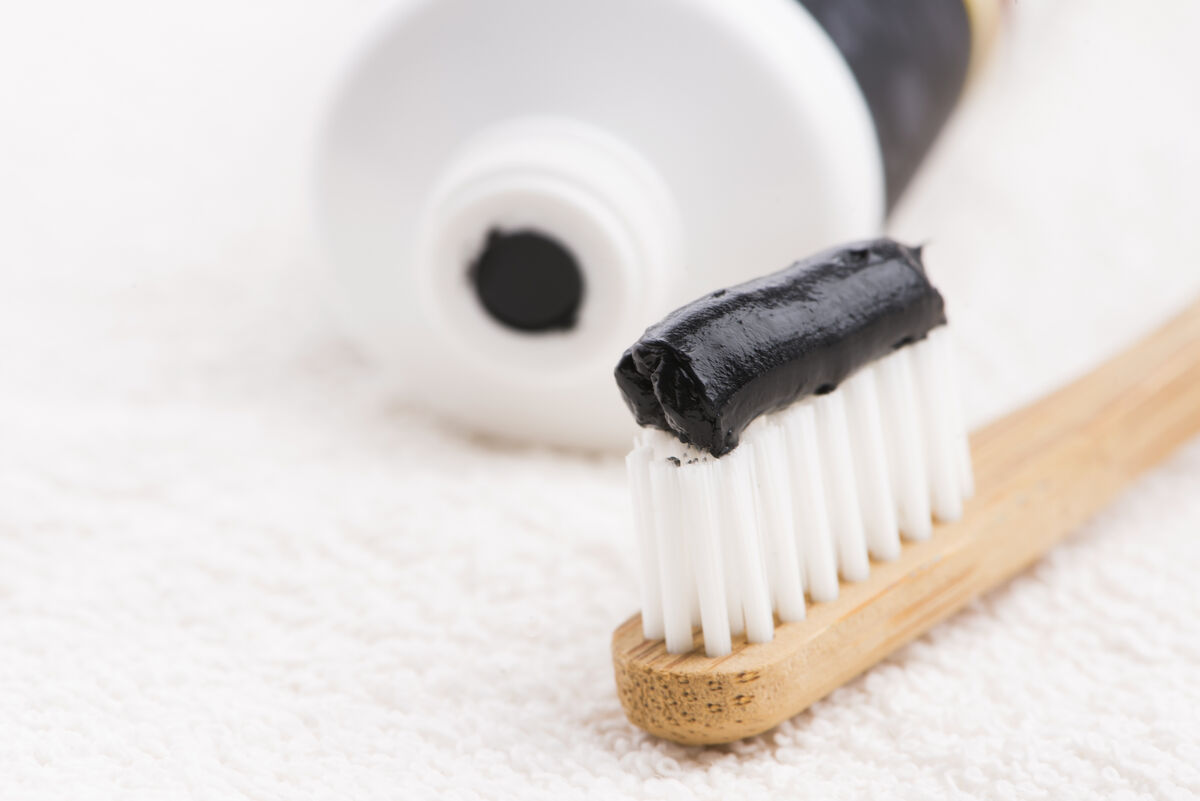Contents

All About Activated Charcoal Toothpaste: Whitening Miracle or Fleeting Trend?
Activated charcoal toothpaste has become a major trend in the oral care market, promising a dazzlingly white smile and fresh breath. But beyond the slick marketing, what should you really think of these black toothpastes? Are they a miracle cure or a dangerous fad? This guide dives into the science to separate fact from fiction.
What is Activated Charcoal Toothpaste?
The key ingredient is activated charcoal, a fine black powder made from materials like coconut shells, wood, or peat that have been treated at high temperatures. This process creates a highly porous structure, giving the charcoal the ability to adsorb (not absorb) certain particles and toxins on its surface. When used in toothpaste, it is claimed to act like a magnet, lifting impurities and surface stains from the teeth.
The Whitening Effect: Myth vs. Reality
This is the primary marketing claim: that charcoal toothpaste can dramatically whiten teeth. The reality is more nuanced. Activated charcoal is mildly abrasive. This abrasiveness allows it to scrub away and remove extrinsic stains—the surface stains caused by coffee, tea, red wine, and tobacco. By polishing the enamel, it can make teeth appear brighter and whiter.
However, it is crucial to understand that charcoal toothpaste does not change the intrinsic (internal) color of your teeth. It cannot achieve the deep, chemical whitening that professional treatments or products with hydrogen peroxide can. The whitening effect is therefore temporary and limited to surface stain removal.
Potential Risks and Concerns for Your Enamel
The main concerns voiced by dental professionals, including the American Dental Association (ADA), revolve around three key issues:
The Abrasion Factor
The abrasive nature of charcoal is a double-edged sword. If the toothpaste is too abrasive, frequent use can wear down your tooth enamel. Since enamel does not regenerate, this can lead to permanently yellow-looking teeth (as the darker dentin layer shows through), increased tooth sensitivity, and a higher risk of cavities.
The Lack of Fluoride
Many popular charcoal toothpastes are formulated without fluoride. Fluoride is a mineral proven to strengthen enamel and is the most effective ingredient for preventing cavities. The ADA will not award its Seal of Acceptance to any toothpaste that does not contain fluoride.
The Scientific Consensus
A 2017 review in the Journal of the American Dental Association concluded that there was insufficient clinical and laboratory data to substantiate the safety and efficacy claims of charcoal-based toothpastes. More research is needed to understand the long-term effects.
Professional Opinion
Most dentists advise caution. If you choose to use charcoal toothpaste, they recommend consulting with them first and selecting a product that is low in abrasivity and contains fluoride.
How to Use Charcoal Toothpaste Safely
If you decide to try charcoal toothpaste, follow these tips to minimize the risks:
- Talk to your dentist first.
- Choose a formula with fluoride.
- Limit its use: Use it only once or twice a week, alternating with a regular, ADA-Accepted fluoridated toothpaste.
- Brush gently with a soft-bristled toothbrush.
Our Updated Selection of Charcoal Toothpastes (2025)
Here are some products that are popular with consumers, keeping in mind the importance of formulation:
For Natural Whitening and Fresh Breath: Hello Activated Charcoal Whitening Toothpaste
Praised for its natural ingredients and fluoride-containing formula, this toothpaste is a popular choice for those looking to combine the charcoal trend with proven cavity protection. It also contains fresh mint and coconut oil.
For Sensitive Teeth with Fluoride: Burt's Bees Charcoal + Whitening Toothpaste
This toothpaste combines charcoal with fluoride for enamel protection, a crucial point for professionals. It aims to remove stains gently, making it suitable for those with sensitive teeth.
For a Powerful Whitening Effect: Cali White Activated Charcoal & Organic Coconut Oil Toothpaste
Frequently cited for its noticeable effect on surface stains, this formula often combines charcoal with coconut oil and baking soda. Note that many versions of this product are fluoride-free, which is an important consideration.
The Final Word: Proceed with Caution and Prioritize Safer Alternatives
While charcoal toothpaste can offer a temporary boost in removing some surface stains, its long-term safety and deep whitening claims are not well-supported by science. For a truly whiter and healthier smile, nothing replaces good daily hygiene with a fluoridated toothpaste and regular professional cleanings. If you want to significantly whiten your teeth, talk to your dentist about safe and effective professional whitening options.
FAQ: Your Top Questions About Charcoal Toothpaste
It can remove surface stains, which makes teeth appear whiter. However, it does not change the intrinsic color of your teeth. The effect is cosmetic and temporary.
Most dentists do not recommend using it every day due to its abrasive nature. Overuse can wear down enamel. It is best used occasionally, alternating with a regular fluoridated toothpaste, and only after consulting with your dentist.
Both types of toothpaste work by removing surface stains. There is no strong scientific evidence to suggest that charcoal is more effective than the mild abrasives and chemical stain removers found in many ADA-Accepted whitening toothpastes.
